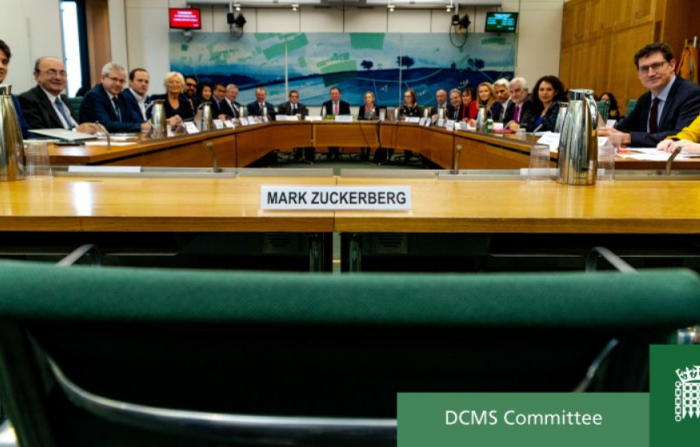Good Monday morning. It’s January 28th. Happy Tech Earnings Week. Apple and telecoms report Tuesday, Microsoft and Facebook are reporting Wednesday, and Amazon is up Thursday. Count on lots of news all week.
Today’s Spotlight takes about 4 minutes to read.
Highlights
- Fifteen U.S. Senators have written the FTC and FCC to urge an investigation of the “sale of Americans’ location data by wireless carriers, location aggregators, and other third parties.” (PDF of the letter)
- Facebook announced plans to combine Instagram, Messenger, and WhatsApp. It’s a gamble. All 3 are on every list of the most popular mobile apps.
- U.S. regulators are considering whether and how to fine Facebook for its role in the Cambridge Analytical data scandal. This is on the heels of the EU fining Google $57 million for violations of its GDPR data privacy law.
Your Data Is Out There
Have I Been Pawnd (HIBP) founder Troy Hunt wrote a “post for the masses” instead of the techies and detailed “Collection 1”–a data file that combines 1.1 billion combinations of email addresses and passwords. The article is easy to understand with links to more info for the data curious. Troy’s HIBP service is free and should be part of your data routines, along with a password manager and a physical key like the ones sold by Yubico.
We learned about other data out there this week. More than 24 million financial records, including mortgage and tax information from the country’s biggest banks, were found online by security analyst Bob Diachenko, according to TechCrunch. Luckily Bob is a responsible researcher and discloses only after notifying affected organizations. The third parties managing the personal data didn’t even have current relationships with the banks in some cases, but still had to maintain the records.
No matter what search, social media, and other data privacy targets do, the data breaches that have caused the most trouble have been at the federal government or companies like Equifax and Marriott. In short, data security is a bigger issue than Google or Facebook although they certainly play a role.
If all of this was Greek to you and you’re unsure about what to do next, you should email George since he’s Greek and can help.
What’s With All The Fines?
Seven months after the EU passed its GDPR, a set of stringent personal data regulations, French regulators have fined Google $56.8 million. The main infringements were related to “transparency, information, and consent”, specifically Google requiring users to accept new privacy policies.
The ‘right to be forgotten’ is another troubling EU concept for Google and search engines. A Dutch surgeon who was disciplined for medical negligence has won her suit against Google in an Amsterdam court to have that information removed from the search engine according to The Guardian.
This is an important concept that we’ve helped U.S. entities navigate. European courts have established that search engines must adhere to a European citizen’s ‘right to be forgotten’, which allows inadequate, excessive, or irrelevant content to be ignored. The guidelines are often considered vague. This is not U.S. law, which generally provides for truth as a defense against removing data from a search engine.
Facebook is also dealing with the possibility of regulatory fines in the U.S. for its role in privacy violations. The FTC is the lead agency considering “a record-setting fine” for Facebook according to the Washington Post. A prior consent decree Facebook entered into with the FTC and the lingering effects of the government shutdown are complicating the final resolution.
Google and Facebook may also create future liabilities in Europe under the continent’s Copyright Directive, which permits companies to demand money when fragments of their articles appear on third party sites. Google is considering blocking access to Google News throughout Europe as a result, reports Bloomberg.
This negative activity has led to some predictable actions. The five biggest tech companies, including Microsoft, Apple, and Amazon, joined Facebook and Google in accounting for nearly $60 million in federal lobbying during 2017 according to a study in The Hill. Facebook is also receiving increasingly negative attention from the media, according to a Recode analysis of consumer sentiment about Facebook articles in The New York
Spotlighted
Worth your time this week:
- More than 11,000 Microsoft employees are caught up in a Reply-All fiasco that is equal parts amusing and sad. (Business Insider)
- Gmail’s mobile interface is adding strikethroughs, undo and redo, more. (TechCrunch)
- Netflix now has 139 million subscribers worldwide. And in line with our entertainment article last issue, raised prices. Who knew they read Spotlight? (CNN)
Like this summary? You can get a free copy emailed at the beginning of each work week.

